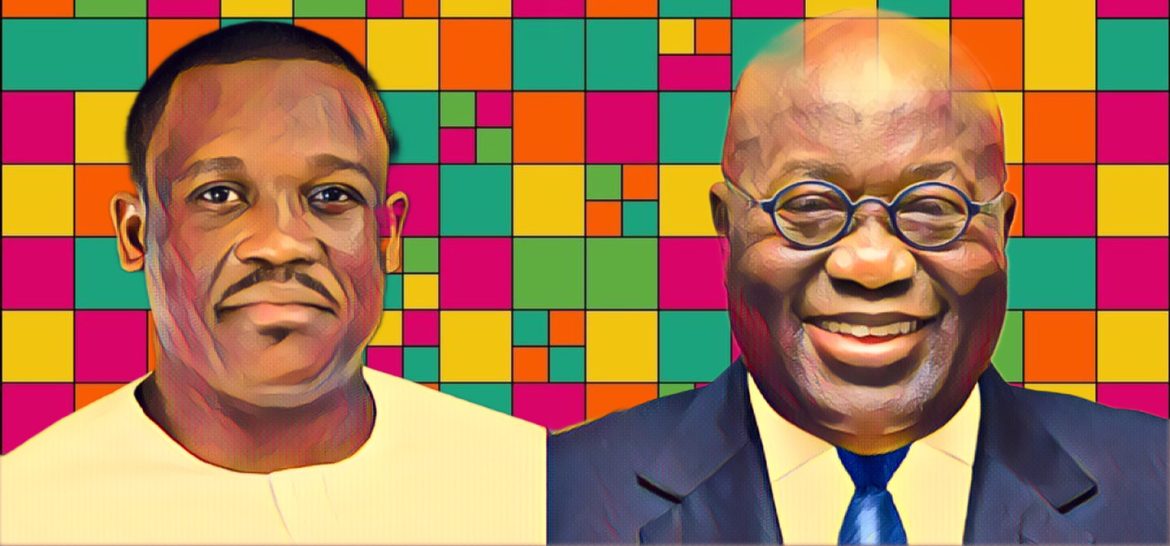Ghana’s President Nana Akufo-Addo is facing growing calls to sign a bill that would severely restrict the rights of LGBTQ+ people in the West African nation. The bill, which was passed by parliament on Wednesday, has sparked outrage from human rights groups and activists, who say it violates the constitution and international law.
The bill, known as the Promotion of Proper Human Sexual Rights and Ghanaian Family Values Bill, would criminalize anyone who identifies as LGBTQ+, as well as anyone who supports or advocates for them. It would also ban same-sex marriage, adoption, and fostering, and impose harsh penalties for engaging in or promoting LGBTQ+ activities, ranging from six months to 10 years in prison.
The bill was introduced by a coalition of religious and traditional leaders, who claim that LGBTQ+ rights are contrary to Ghanaian culture and values. They have urged the president to sign the bill into law as soon as possible, saying that it reflects the will of the majority of Ghanaians.
However, the bill has also faced strong opposition from civil society organizations, legal experts, celebrities, and some members of parliament, who have denounced it as discriminatory, oppressive, and unconstitutional. They have appealed to the president to veto the bill, or refer it to the Supreme Court for review.
They argue that the bill violates the fundamental rights and freedoms of LGBTQ+ people, as guaranteed by the 1992 constitution and the Universal Declaration of Human Rights. They also warn that the bill could fuel violence, hate, and stigma against LGBTQ+ people, and undermine Ghana’s democracy and reputation.
The president, who is a lawyer and a former human rights advocate, has not yet commented on the bill, or indicated whether he will sign it or not. He has previously said that he will not legalize same-sex marriage in Ghana, but he has also expressed tolerance and respect for LGBTQ+ people.
The International community, including the United Nations, the European Union, the United States, and the United Kingdom, has also expressed concern over the bill, and urged Ghana to uphold its human rights obligations and commitments. They have also offered to support Ghana in addressing the root causes of discrimination and intolerance, and in promoting a culture of diversity and inclusion.
The LGBTQ+ community in Ghana, which is estimated to number in the tens of thousands, has been living in fear and hiding since the bill was proposed. Many have reported harassment, threats, and attacks from the public and the authorities. Some have fled the country, or sought asylum elsewhere.
The fate of the bill, and the LGBTQ+ people in Ghana, now rests with the president, who has the power to sign it, veto it, or refer it to the Supreme Court. The president has 14 days to make his decision, after receiving the bill from parliament.
The people of Ghana hope that the president will act in the best interest of the nation, and uphold the values of democracy, human rights, and dignity for all.
Source: Graphic Online





5 comments
Can you be more specific about the content of your article? After reading it, I still have some doubts. Hope you can help me.
Thank you for your sharing. I am worried that I lack creative ideas. It is your article that makes me full of hope. Thank you. But, I have a question, can you help me?
Thanks for sharing. I read many of your blog posts, cool, your blog is very good. https://accounts.binance.info/ru/register?ref=O9XES6KU
Your article helped me a lot, is there any more related content? Thanks!
Thanks for sharing. I read many of your blog posts, cool, your blog is very good.